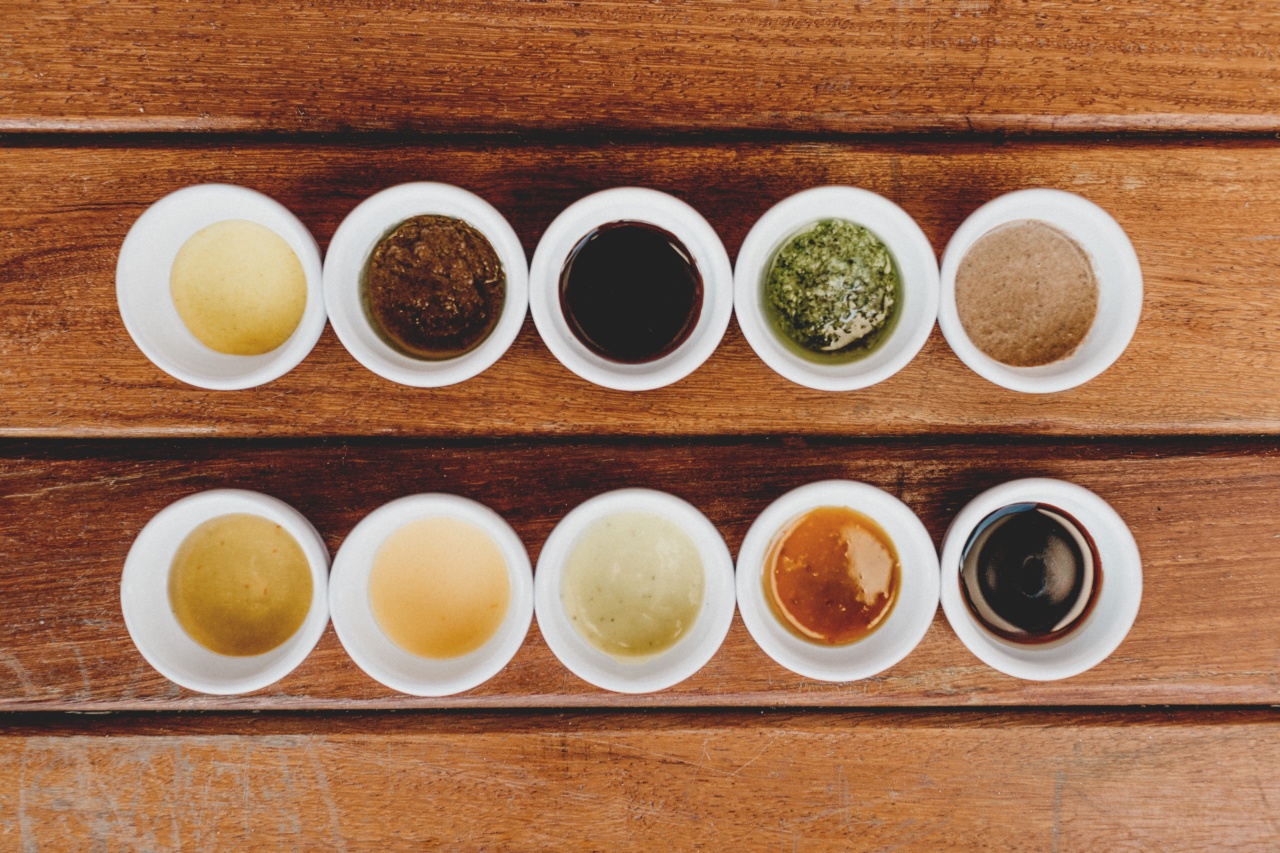Eczema, also known as atopic dermatitis, is a chronic skin condition that affects millions of people worldwide. It is characterized by dry, itchy, and inflamed skin, and can be both physically and emotionally distressing for those who suffer from it.
While the exact cause of eczema is not fully understood, researchers have identified a link between eczema and certain food choices. In this article, we will explore the relationship between eczema and food, and discuss how diet can potentially impact the severity and frequency of eczema flare-ups.
Understanding Eczema
Before delving into the connection between eczema and food, it is essential to have a basic understanding of the condition itself.
Eczema is a chronic inflammatory skin disorder that is thought to be caused by a combination of genetic and environmental factors. It is commonly characterized by dry, red, and itchy patches of skin. These patches can occur on any part of the body and can range in severity from mild to severe.
People with eczema often experience intense itching, which can further aggravate the skin and lead to scratching. This, in turn, can cause the skin to become raw, swollen, and prone to infection.
The exact triggers for eczema flare-ups vary for each individual, but common factors include exposure to irritants, allergens, stress, changes in temperature, and hormonal fluctuations.
The Role of Diet
While the primary causes of eczema are genetic and environmental, emerging research suggests that diet may also play a role in the development and management of the condition.
Although food allergies are not the underlying cause of eczema, certain foods have been identified as potential triggers for eczema flare-ups in individuals who are already prone to the condition.
Common Trigger Foods
1. Dairy Products: Dairy products, such as milk, cheese, and yogurt, are often cited as common triggers for eczema symptoms.
These foods contain proteins like casein and whey, which may cause an allergic reaction in some individuals, leading to eczema flare-ups.
2. Eggs: Egg allergies are relatively common in people with eczema. The proteins found in eggs can trigger an immune response in susceptible individuals, exacerbating eczema symptoms.
3. Wheat and Gluten: Wheat and gluten sensitivities have been linked to an increased risk of eczema in some individuals. It is believed that the inflammatory response triggered by gluten may worsen eczema symptoms.
4. Nuts and Seeds: Peanuts, tree nuts, and seeds, including sesame and soy, have been associated with eczema flare-ups in certain individuals. These foods can cause allergic reactions and exacerbate eczema symptoms.
5. Fish and Shellfish: Some individuals with eczema may experience flare-ups after consuming fish or shellfish. It is believed that the proteins present in these foods can trigger an allergic response, leading to eczema symptoms.
Identifying Trigger Foods
Identifying trigger foods can be a challenging process as eczema flare-ups can be influenced by a wide range of factors. Keeping a detailed food diary can help individuals track their symptoms and identify potential trigger foods.
If certain foods consistently correlate with eczema flare-ups, it may be worth considering elimination diets or seeking guidance from healthcare professionals specializing in allergies and eczema management.
The Role of Food Allergies
While food allergies are not the primary cause of eczema, research suggests that they can exacerbate symptoms in susceptible individuals. Managing underlying food allergies can help reduce the severity and frequency of eczema flare-ups.
Allergy testing, such as a skin prick test or blood test, can help identify specific food allergens that may be triggering eczema symptoms.
Implementing Dietary Changes
For individuals with eczema, making dietary changes can be a proactive step toward managing their condition.
It is important to note that dietary modifications should be done under the guidance of a healthcare professional, especially when eliminating food groups or following strict diets.
In some cases, a healthcare professional may recommend an elimination diet, where specific trigger foods are removed from the diet for a certain period. This allows individuals to observe any changes in their eczema symptoms.
If trigger foods are identified, they can be avoided, and alternative options can be explored to ensure a nutritionally balanced diet.
Other Considerations
While dietary changes can play a role in managing eczema symptoms, it is crucial to consider other factors that may also contribute to flare-ups. Environmental triggers, such as harsh soaps, fragrance, pollen, or pet dander, should not be overlooked.
Additionally, stress management, maintaining a healthy skincare routine, and staying hydrated are important aspects of overall eczema management.
Conclusion
While the exact cause of eczema remains unclear, researchers have discovered a potential link between certain food choices and the development or exacerbation of the condition.
While food allergies are not the underlying cause of eczema, they can trigger and worsen symptoms in individuals who are already prone to the condition. Identifying and eliminating trigger foods, under the guidance of a healthcare professional, can help manage eczema and reduce the severity and frequency of flare-ups.































